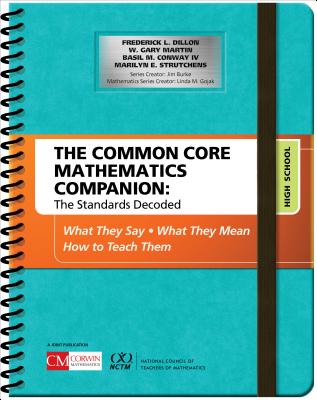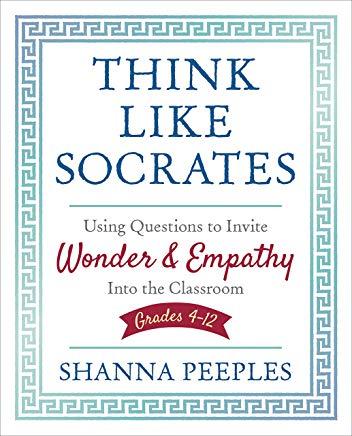
Adams, Thomasina Lott
product information
description
cs across K-5 classrooms. In Making Sense of Mathematics for Teaching Girls in Grades K-5, a team of acclaimed experts presents their research and recommendations for teaching math to girls in four succinct, results-focused chapters. Included are a variety of tools, tips, short exercises, and reflection questions, as well as videos demonstrating how real classroom teachers strengthen girls' experiences as learners of mathematics.
Use this book to better understand gender biases related to mathematics and improve girls' education:
- Understand the environmental barriers and gender stereotypes that create gender differences in mathematics performance and prevent many girls from learning mathematics at high levels.
- Learn how to foster a safe learning environment that encourages girls to take risks when they learn math.
- Focus on the mathematics gender achievement gap through three lenses: (1) perceptions, (2) possibilities, and (3) priorities.
- Apply the tasks, questions, and evidence (TQE) process to successfully plan and implement inclusive lessons that engage all students.
- Watch short videos of girls engaging meaningfully in mathematics learning.
Contents:
About the Authors
Introduction
Chapter 1: Mathematics Gender Achievement Gap
Chapter 2: Perceptions About Girls in Mathematics
Chapter 3: Possibilities for Girls in Mathematics
Chapter 4: Priorities for Teaching Girls Mathematics
Epilogue: Encouragement for Girls in Mathematics
References and Resources
Index
member goods
No member items were found under this heading.
Return Policy
All sales are final
Shipping
No special shipping considerations available.
Shipping fees determined at checkout.







